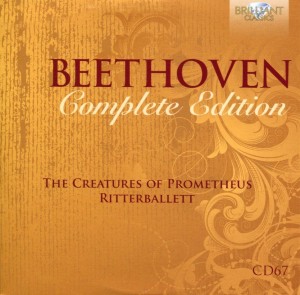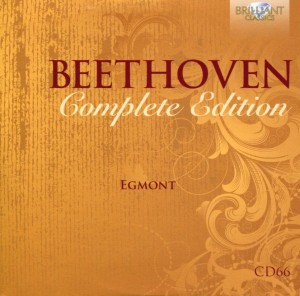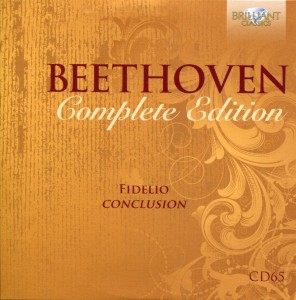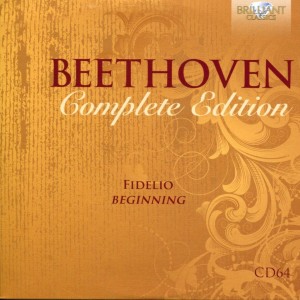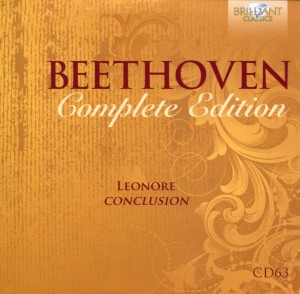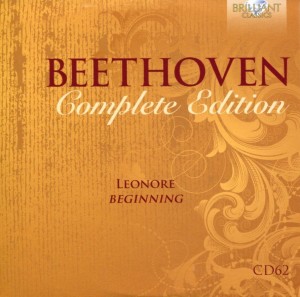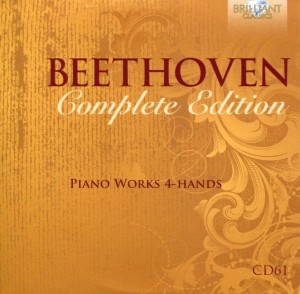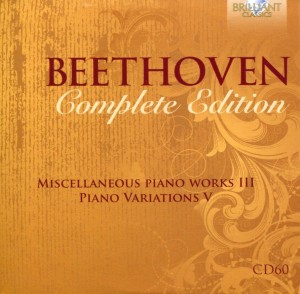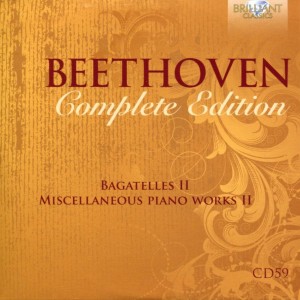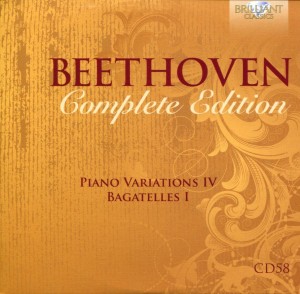The heck is that?
Or, the heck are they?
I swear, the titles of Beethoven’s compositions are getting truly interesting, if not bizarre.
I’ll let my fingers do the Googling to find out what this 19-track CD is all about.
Here’s what its entry on Wikipedia has to say:
The Creatures of Prometheus (German: Die Geschöpfe des Prometheus), Op. 43, is a ballet composed in 1801 by Ludwig van Beethoven following the libretto of Salvatore Viganò. The ballet premiered on 28 March 1801 at the Burgtheater in Vienna and was given 28 performances.
The overture to the ballet is part of the concert repertoire. Beethoven based the fourth movement of his Eroica symphony and his Eroica Variations (piano) on the main theme of the last movement of the ballet.
A ballet. That means no singing, right?
According to the back of the CD sleeve, these are the performers on today’s CD:
Tracks 1-11
Rochester Philharmonic Orchestra
David Zinman conductor
Tracks 12-19
Staatskapelle Berlin
Gunther Herbig conductor
The music is excellent.
Yet, I cannot figure out what the creatures of Prometheus are. Or why that is this ballet’s title.
And why have a ballet called “The Creatures of Prometheus,” anyway? Sounds kind of like dancing to The Creature From the Black Lagoon to me.
But what do I know?
Beethoven was 31 when he composed this delightful ballet.
That’s what I know.
Track 3 (“Maestoso andante – Adagio – Andante quasi allegretto”) is beautiful. Nice harp playing. Beautiful melody. A very fine piece of music using instruments I haven’t heard much of so far.
The second part of today’s CD is Continue reading

